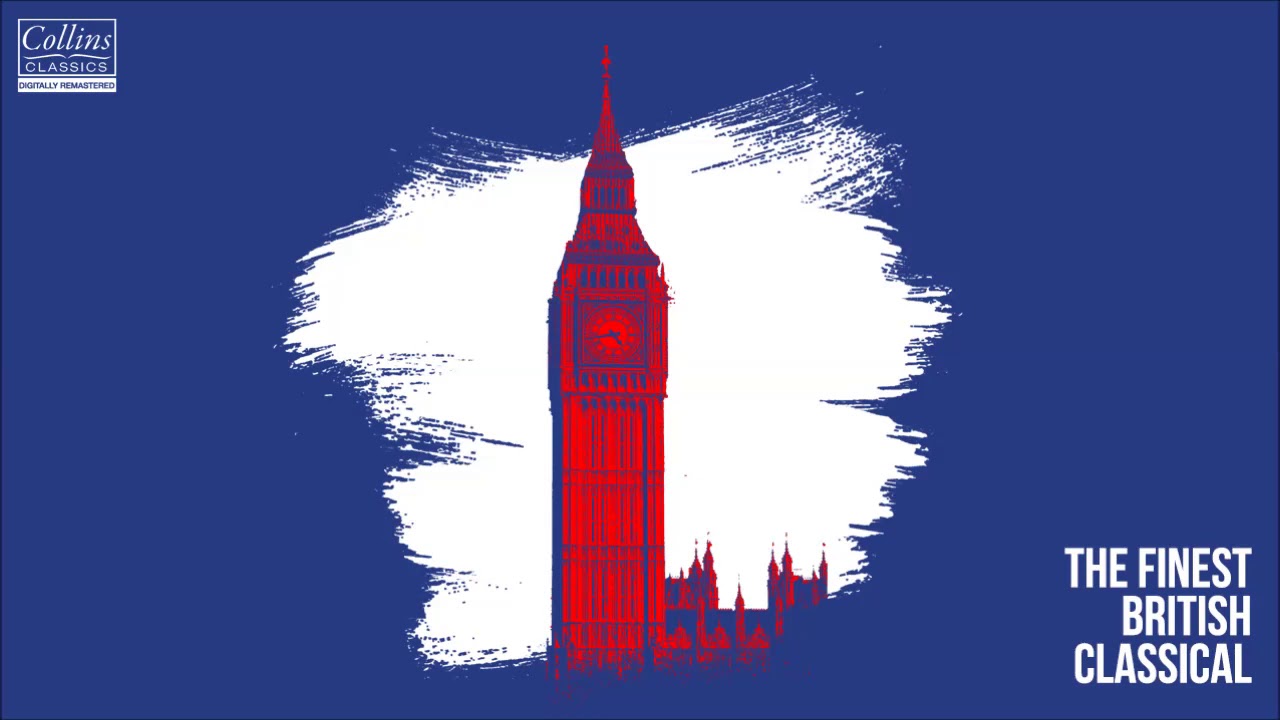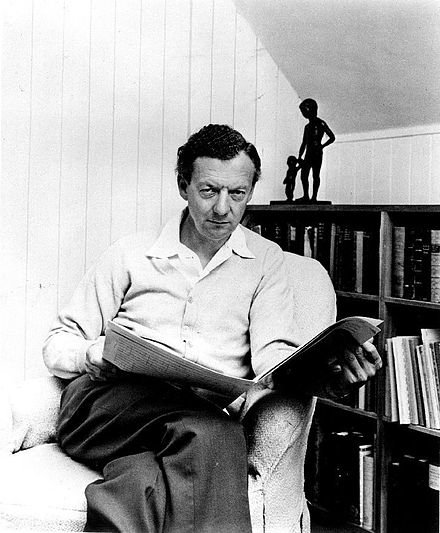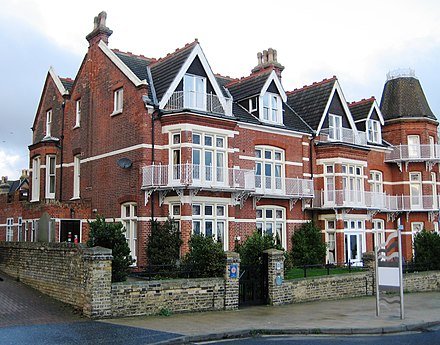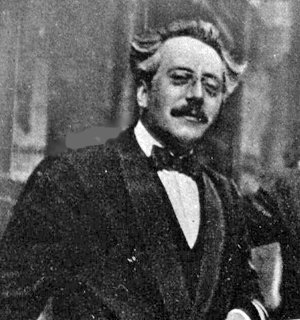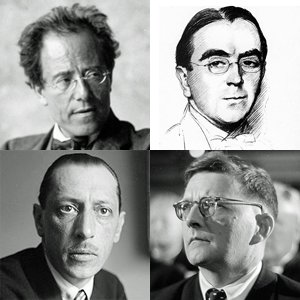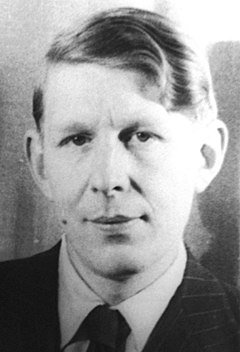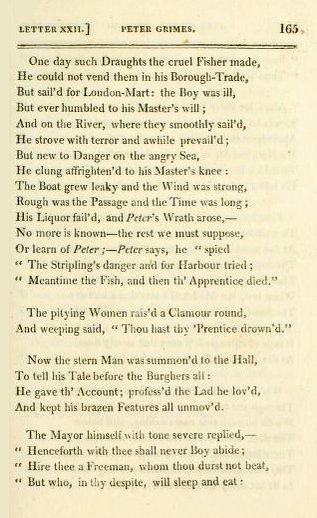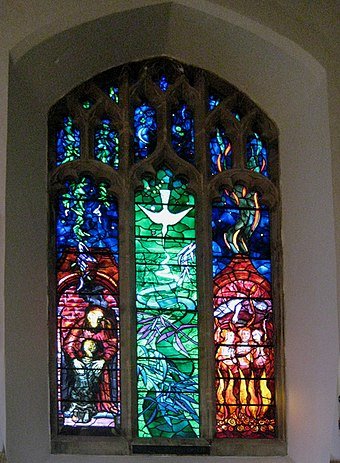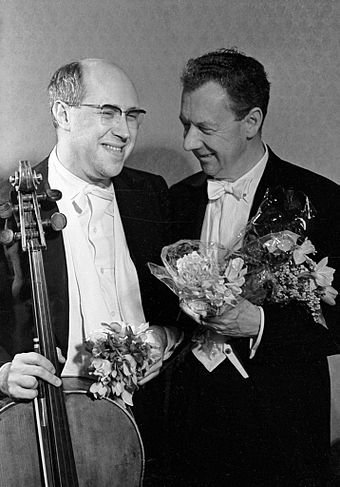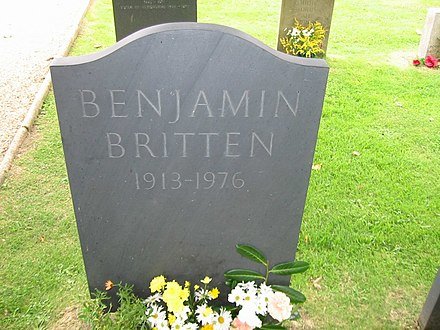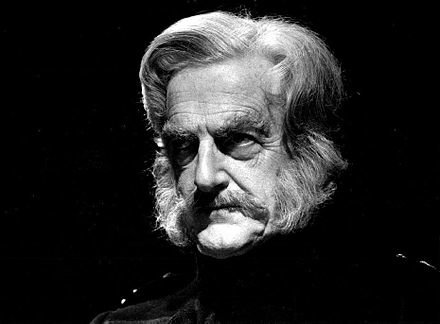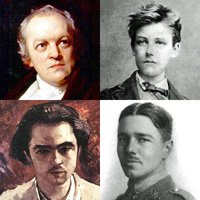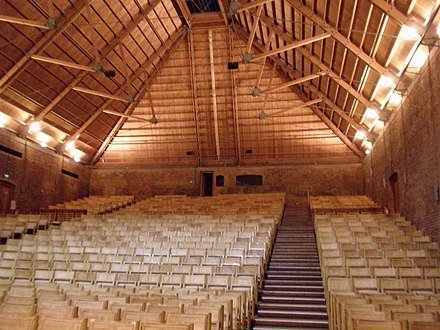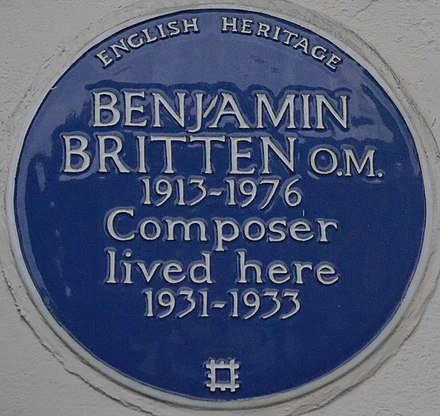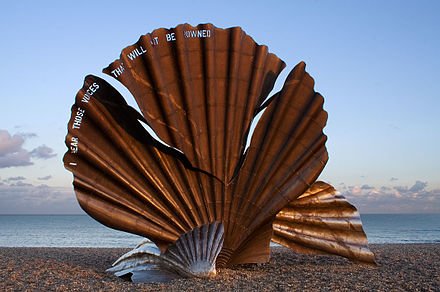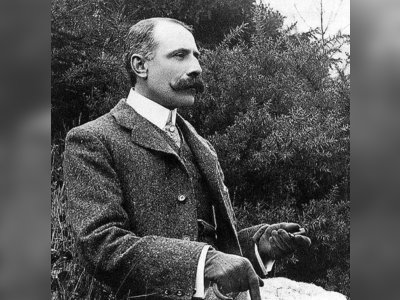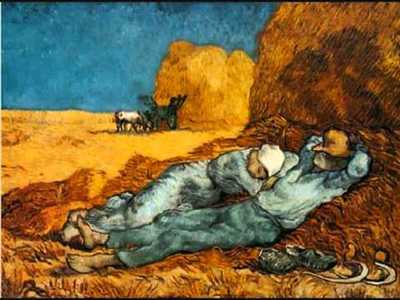British Heritage
Remember, Cherish, Learn.
beta
Benjamin Britten - Composer 1913-1976
Benjamin Britten, a Musical Pioneer.
Edward Benjamin Britten, Baron Britten OM CH, was an extraordinary English composer, conductor, and pianist who left an indelible mark on 20th-century British music. His vast repertoire encompassed operas, vocal music, orchestral and chamber pieces, making him a central figure in the country's musical landscape. Britten's exceptional talents led to the creation of some of the most iconic works in British classical music, with masterpieces such as "Peter Grimes," "War Requiem," and "The Young Person's Guide to the Orchestra."
Born on November 22, 1913, in Lowestoft, Suffolk, Benjamin Britten displayed prodigious musical talent from an early age. Raised in a middle-class family, his mother, Edith Britten, played a significant role in nurturing his musical abilities and social standing. Britten's early compositions showed promise, and he received piano and viola lessons as a child. His musical passion continued to flourish as he developed his skills, composing prolifically even as a young boy.
Britten's potential as a composer caught the attention of renowned musicians like Frank Bridge, a British composer. Under Bridge's guidance, Britten honed his craft and developed a deep appreciation for meticulous craftsmanship in composition. Britten's formal musical education continued at the Royal College of Music in London, where he studied composition with John Ireland and piano with Arthur Benjamin.
During the 1930s, Britten composed several notable works, including the Sinfonietta, the Phantasy for oboe quartet, and the choral variations "A Boy was Born." These compositions showcased his maturing style and unique musical voice. His innovative approach to composition combined elements of modernism with a strong sense of British musical tradition.
Britten's groundbreaking success came with the premiere of his opera "Peter Grimes" in 1945. This powerful work propelled him to international fame and established him as one of the leading opera composers of the 20th century. The opera's dark themes and intricate portrayal of characters resonated with audiences, setting a new standard for English opera.
In collaboration with his partner, the tenor Peter Pears, and librettist Eric Crozier, Britten founded the English Opera Group in 1947. This organization aimed to produce and commission new English operas and other works, contributing significantly to the development of British operatic repertoire.
In 1948, Britten, Pears, and Crozier launched the Aldeburgh Festival, an annual event held in the small coastal town of Aldeburgh, Suffolk. This festival became a focal point for British and international musicians, showcasing Britten's compositions and works by other prominent composers. The festival's success led to the creation of Snape Maltings, a concert hall and opera house in Snape, Suffolk, in 1967.
One of Britten's most notable and powerful compositions was the "War Requiem," premiered in 1962. This monumental work combined the traditional Latin Requiem Mass with poems by Wilfred Owen, a World War I poet. The "War Requiem" is a poignant tribute to the fallen soldiers of both World Wars and stands as a testament to Britten's commitment to pacifism and humanitarian values.
In his later years, Britten faced health challenges and composed at a slower pace. However, he continued to produce remarkable works, such as the "Suite on English Folk Tunes 'A Time There Was'" (1974) and the Third String Quartet (1975).
Britten's musical legacy remains profound, and his impact on British music endures to this day. He revolutionized British opera and expanded the country's musical horizons, enriching its cultural heritage. Britten's influence extended beyond composition; he was a gifted conductor and pianist, regularly performing his own works and pieces by other great composers.
In recognition of his immense contributions, Benjamin Britten was honored with a life peerage in 1976, becoming Baron Britten of Aldeburgh. His creations continue to be performed worldwide, ensuring that his legacy remains alive and vibrant in the hearts of music enthusiasts, students, and musicians alike. Benjamin Britten's devotion to artistic integrity, innovation, and the human experience has forever solidified his place in the pantheon of British cultural icons.
Early Life and Musical Beginnings
Born on November 22, 1913, in Lowestoft, Suffolk, Benjamin Britten displayed prodigious musical talent from an early age. Raised in a middle-class family, his mother, Edith Britten, played a significant role in nurturing his musical abilities and social standing. Britten's early compositions showed promise, and he received piano and viola lessons as a child. His musical passion continued to flourish as he developed his skills, composing prolifically even as a young boy.
Mentorship and Career Development
Britten's potential as a composer caught the attention of renowned musicians like Frank Bridge, a British composer. Under Bridge's guidance, Britten honed his craft and developed a deep appreciation for meticulous craftsmanship in composition. Britten's formal musical education continued at the Royal College of Music in London, where he studied composition with John Ireland and piano with Arthur Benjamin.
During the 1930s, Britten composed several notable works, including the Sinfonietta, the Phantasy for oboe quartet, and the choral variations "A Boy was Born." These compositions showcased his maturing style and unique musical voice. His innovative approach to composition combined elements of modernism with a strong sense of British musical tradition.
Operatic Success and Founding the English Opera Group
Britten's groundbreaking success came with the premiere of his opera "Peter Grimes" in 1945. This powerful work propelled him to international fame and established him as one of the leading opera composers of the 20th century. The opera's dark themes and intricate portrayal of characters resonated with audiences, setting a new standard for English opera.
In collaboration with his partner, the tenor Peter Pears, and librettist Eric Crozier, Britten founded the English Opera Group in 1947. This organization aimed to produce and commission new English operas and other works, contributing significantly to the development of British operatic repertoire.
The Aldeburgh Festival and Snape Maltings
In 1948, Britten, Pears, and Crozier launched the Aldeburgh Festival, an annual event held in the small coastal town of Aldeburgh, Suffolk. This festival became a focal point for British and international musicians, showcasing Britten's compositions and works by other prominent composers. The festival's success led to the creation of Snape Maltings, a concert hall and opera house in Snape, Suffolk, in 1967.
The War Requiem and Later Works
One of Britten's most notable and powerful compositions was the "War Requiem," premiered in 1962. This monumental work combined the traditional Latin Requiem Mass with poems by Wilfred Owen, a World War I poet. The "War Requiem" is a poignant tribute to the fallen soldiers of both World Wars and stands as a testament to Britten's commitment to pacifism and humanitarian values.
In his later years, Britten faced health challenges and composed at a slower pace. However, he continued to produce remarkable works, such as the "Suite on English Folk Tunes 'A Time There Was'" (1974) and the Third String Quartet (1975).
Legacy and Honors
Britten's musical legacy remains profound, and his impact on British music endures to this day. He revolutionized British opera and expanded the country's musical horizons, enriching its cultural heritage. Britten's influence extended beyond composition; he was a gifted conductor and pianist, regularly performing his own works and pieces by other great composers.
In recognition of his immense contributions, Benjamin Britten was honored with a life peerage in 1976, becoming Baron Britten of Aldeburgh. His creations continue to be performed worldwide, ensuring that his legacy remains alive and vibrant in the hearts of music enthusiasts, students, and musicians alike. Benjamin Britten's devotion to artistic integrity, innovation, and the human experience has forever solidified his place in the pantheon of British cultural icons.
- Benjamin Brittenen.wikipedia.org
